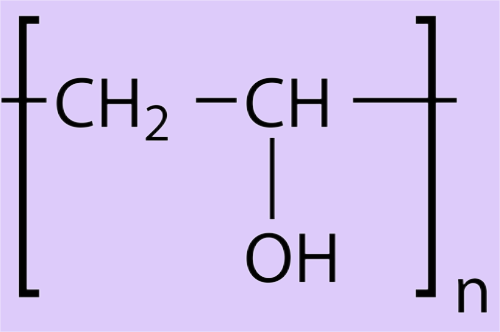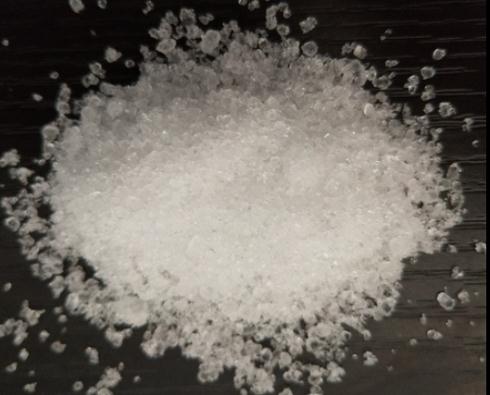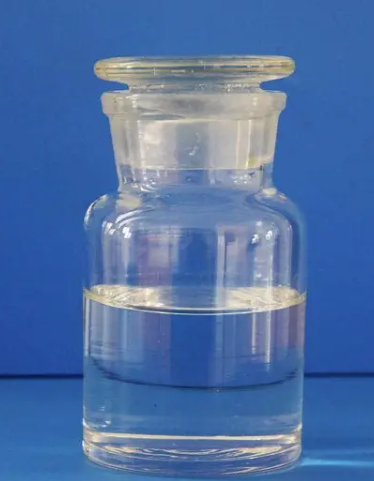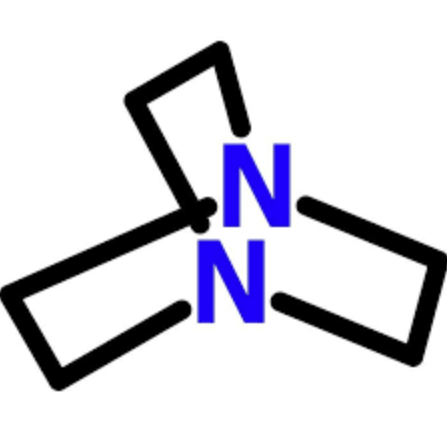Application of Poly(vinyl alcohol)
What is Poly(vinyl alcohol)?
Poly(vinyl alcohol) (PVA) is a thermoplastic synthetic polymer (linear polymer) derived from the hydrolysis of poly(vinyl ester) and poly(vinyl ether). PVA is a white, odourless powder with a molecular weight in the range of 20,000-400,000 Da. It has the advantages of water solubility, high mechanical strength, biocompatibility, thermal stability, chemical resistance, transparency, light weight, mouldability, optical properties, dielectric stability, charge storage strength and non-toxicity, making it a widely used industrial and biological material.
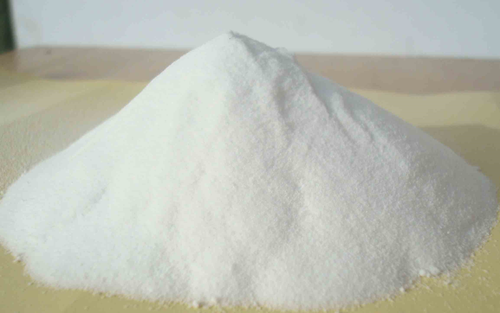
Application of Poly(vinyl alcohol)
Poly(vinyl alcohol) (PVA) can be used to:
Biomedical implant materials: PVA is used in drug delivery systems, wound dressings, dialysis membranes, artificial skin, surgical repairs and cardiovascular devices.
Polymeric adsorbents for the removal of hazardous dyes: Pure PVA has been used for the removal of dyes including methylene blue, bromothymol blue, Congo red, and crystal violet.The primary role of PVA is to adsorb the adsorption sites of methylene blue dye. The mechanism of adsorption of methylene blue on PVA/PANI/plagioclase zeolite composites involves ligand-bonded chelation as well as the reaction of unpaired electrons on the nitrogen or oxygen atoms in PVA with the MB cationic dye.
Preparation of PVA nanofibres: PVA nanofibres have been widely used as a building material, when mixed with concrete they are uniformly dispersed throughout the matrix, providing shrinkage control, abrasion resistance and protection against thermal expansion and contraction. As a result, PVA nanofibres are used as the main reinforcement in ECG or engineered cementitious composites. In addition, PVA-based nanofibres carrying silica nanoparticles and silk proteins accelerate wound healing.Mixtures of PAA and PVA can be used as antimicrobial wound healing patches.
Polymeric adsorbents for heavy metal removal: CS/PVP/PVA adsorbents were prepared for the adsorption of heavy metals such as Cu2+, Ni2+, Cd2+ and Pb2+.
Polymeric materials for 3D bioprinting: PVA is also used in the SLS printing technique. the tensile potency of PVA is similar to that of human articular cartilage. pVA can be further complexed with appropriate binders and provides a suitable matrix for inward growth of bone cells. It is important in craniofacial defect treatment and bone tissue engineering applications.
References:
[1] SEONG BAEK YANG. Alkaline Treatment Variables to Characterize Poly(Vinyl Alcohol)/Poly(Vinyl Butyral/Vinyl Alcohol) Blend Films.[J]. Polymers, 2022. DOI:10.3390/polym14183916.
[2] KOUROSH SAYAR DOGAHE; Mohammad H K; Somaye Akbari. Physico-mechanical properties of poly (vinyl alcohol), poly (vinyl alcohol)/boric acid, and poly (vinyl alcohol) nanocomposites incorporated with amino-functionalized and pristine halloysite nanotubes films[J]. Journal of Applied Polymer Science, 2021. DOI:10.1002/app.51424.
[3] FELDMAN D. Poly(vinyl alcohol) nanocomposites: Recent contributions to engineering and medicine[J]. AIMS Materials Science, 2021. DOI:10.3934/MATERSCI.2021008.
You may like
Related articles And Qustion
See also
Lastest Price from Poly(vinyl alcohol) manufacturers

US $1182.00-988.00/Tons2024-04-30
- CAS:
- 9002-89-5
- Min. Order:
- 1Tons
- Purity:
- 99.99%
- Supply Ability:
- 100Tons
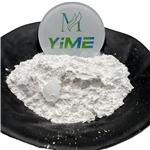
US $5.00-3.00/kg2024-04-28
- CAS:
- 9002-89-5
- Min. Order:
- 1000kg
- Purity:
- 99%
- Supply Ability:
- 5000kg/week

